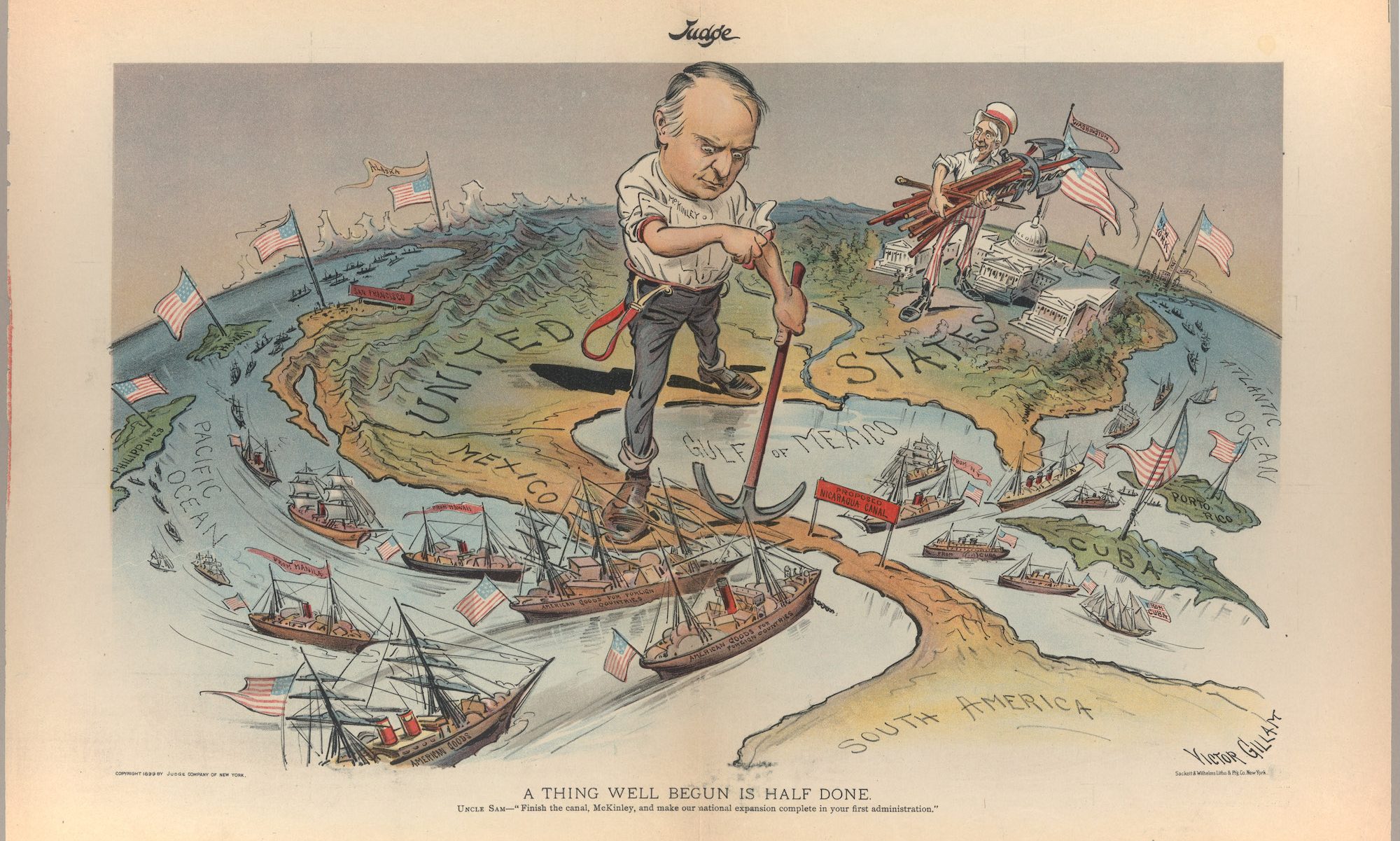 We shouldn’t become so inured to the routines of great-power press conferences that we dismiss what seem like trivial or pointless throwaways. For instance, during a press availability at last weekend’s G-20 summit in Argentina, Russian President Vladimir Putin made time to talk about subjects ranging from the Ukrainian naval incident to Russian luxury cars and the recent Hollywood film Hunter Killer.
We shouldn’t become so inured to the routines of great-power press conferences that we dismiss what seem like trivial or pointless throwaways. For instance, during a press availability at last weekend’s G-20 summit in Argentina, Russian President Vladimir Putin made time to talk about subjects ranging from the Ukrainian naval incident to Russian luxury cars and the recent Hollywood film Hunter Killer.
Here’s Putin talking about the Aurus Senat, his personally modified state car (the Russian version of the American Cadillac-badged The Beast):
Reporter: And a short second question, please. Your car, Aurus, the Russian-manufactured Aurus, has driven so far away from home for the first time and reached this continent; there is a big commotion around it, with local residents taking pictures with it near the hotel. You have been using this vehicle for several months. How do you like the car? I assume you were not always a passenger, but actually drove it? How do you like it? What do you like about it? What don’t you like? Thank you.
Vladimir Putin: I never drove the limo version, only the smaller car. Very good car, I like it. And I am not the only one – some of our Arab friends like it too. They are already expressing a desire to buy it. Therefore, I think we can do this, I don’t see any problems. This is a capsule, a fairly well assembled car and very comfortable.
Trivial, right? And next to Putin’s discussion of Ukraine, Russo-British relations, and the Kremlin’s line on why Trump won’t talk to him, sure. But on the other hand, Putin doesn’t dismiss the question out of hand (and is it too paranoid to think it’s a plant, or at least a welcome opportunity to discuss it?). And certainly RT found time to promote the car as a part of its coverage of the G-20 summit, stressing how it had impressed the international audience there. So let’s not dismiss the idea that Putin took a few seconds out of his busy day to talk about his car. Presidential time is valuable and it’s unlikely that serious and strategic presidents simply say things without at least some goal in mind.
It seems plausible enough to me that this was a chance for Putin to subtly show both that Russian-made goods are (or appear to be) as good as their unnamed but obvious international rivals and also to suggest that Western sanctions are far from having their desired effect. And I think that the propaganda element (the car is named “Aurus”–“Au” for gold and “Rus” for, well, you know) is pretty integral to both the car and its presentation, in the same way that Air Force One or Queen Elizabeth serve as embodiments of their respective national brands.
Moreover, even the offhanded remark about how “some of our Arab friends like it too” is a nice reminder to several audiences about the increased role that the Russian Federation is playing in Middle Eastern politics. Yet the fact of the car itself shows that this isn’t a return to Soviet-era strategies: sure, the Soviets may have sent some Zhiguli limousines to favored potentates, but who would want a Lada instead of a BMW? The Senat, though … .
Separately, here’s the discussion of Hunter Killer:
Question: I watched a thrilling US film Hunter Killer recently.
Vladimir Putin: Well done. Now tell us about it.
Question: In short, the Russian president is taken hostage at an Arctic base, and this was done by the defence minister who leads the coup. And the Russian president is being rescued by the commander of a US submarine that penetrated the base.
Vladimir Putin: Our base?
Question: Our base, of course. Our Arctic base.
Vladimir Putin: This alone makes the scenario improbable, fictitious. Two small naval boats, gifts from the USA to the Ukrainians, could not pass through the Kerch Strait. And you want a US sub to enter our base. Sounds like a bad film. (Laughter in the audience.)
The Aurus question may have been spontaneous, but this one feels like a plant. Putin even knows the plot points ahead of time! This is a pretty unsubtle way for the Russian president to mock U.S. pretensions to being powerful. Note how Putin ties this back to the Kerch Strait crisis while denying that the US could penetrate the Arctic (which it does, I assume, routinely) and not denying the probably unlikely idea that Russia has a far-fetched military base in the polar region. Moreover, the two vessels were not US presents to Ukraine—an extra bit of fake news.
Putin’s fixation on going after the Gerard Butler flick (which nobody has seen—it’s not even in the top 100 movies for this year, and it’s politically unpopular in both Russia and Ukraine) makes more sense, of course, if you recall that the Pentagon made a big splash about the movie, even letting Butler brief reporters in the Pentagon. If the Pentagon makes a film a symbol, then the Kremlin can aim its fire at that symbol. It’s almost like popular culture matters for world politics.
